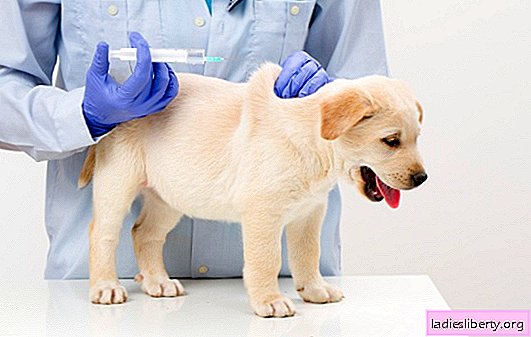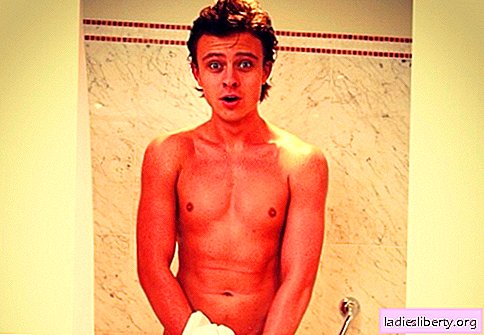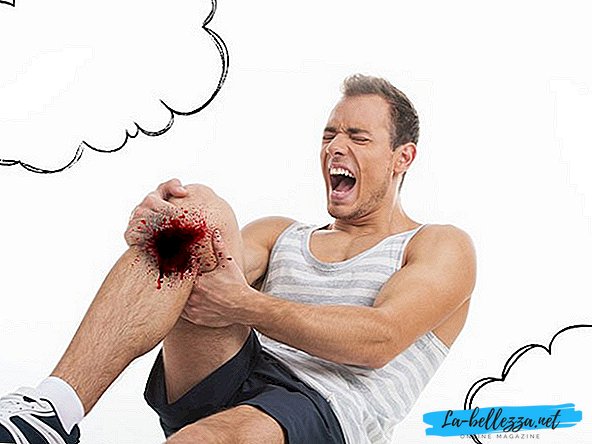
A full-fledged diet and an active lifestyle is not enough for the healthy development of the dog therefore, in order to prevent puppies, they are vaccinated against the most common diseases.
At what age should vaccination begin, because diseases can be dangerous not only for a four-legged pet, but also for humans.
What are vaccinations for?
Some types of vaccines are mandatory and every dog needs them. These are drugs for rabies, plague of carnivores and parvovirus enteritis.
There are vaccines for those diseases that are most common in a particular region of the country. These are leptospirosis and lichen, viral hepatitis and parainfluenza of dogs, coronovirus enteritis, pyroplasmosis and Lyme disease.
What vaccinations should be done, and at what age should be decided only by the veterinarian who oversees the pet. It depends on the breed of the dog, the region of residence and the conditions of the animal.
How to prepare a puppy for vaccination
It should immediately reassure the owners of dogs, vaccination takes place without any complications, while gently preparing the immune system. Before the first vaccination, you need to prepare not only the patient. You should carefully study the medication, its manufacturer. A prerequisite when buying a drug is the expiration date of the vaccine, and in what temperature conditions it remained. It can be when expiration dates are suitable, and the pet is sick, this happens because the drug was stored at the wrong temperature.
Before any vaccination, the animal must be absolutely healthy. It is not permissible for a puppy to have fleas, ticks or helminths. After preventive treatment, a special protective collar must be worn on the pet.
Worms are driven away a week before vaccination. The dose of the drug for helminths depends on the weight of the animal.
It is necessary to carry out mandatory control of body temperature for three days before the procedure, it should not rise above 39 degrees.
Veterinarians highly recommend a few days before vaccination and after it arrange a puppy quarantine. Do not walk it in places where it may come into contact with possible virus carriers.
Treat the pre-mats with a disinfectant so that the disease can not be transmitted to the puppy on the owner’s shoes. And stick to a special diet. Food should be fortified and balanced. It is also necessary to maximally protect the puppy from any stress. After all, as you know, stress weakens the pet's immune system.
It is best to be vaccinated on an empty ventricle in the morning. If the procedure will be carried out during the day, then you should feed the pet two hours before the injection.
The first vaccination is very significant for the dog’s body, therefore it needs to provide comfortable conditions. The baby can be lethargic and weak, diarrhea and fever are possible. These are natural reactions and should not be particularly worried.
At what age do you need to be vaccinated
Until one year old, veterinarians decide when to vaccinate a puppy. Sometimes they make some adjustments, but most often they adhere to a specific vaccination schedule.
At the age of 8 to 10 weeks, the very first vaccination is carried out for plague, hepatitis and enteritis. Three weeks after the first, a second vaccination is necessary. It is made from parvovirus enteritis, plague and viral hepatitis.
With them in complex vaccination against rabies is carried out. If the puppy lives in appropriate conditions and is practically isolated from virus carriers (animals living in closed nurseries or similar conditions), then an injection from this disease can be given at the age of 6 - 9 months.
An important issue in vaccinating puppies is the correct period of the first vaccination. Some factors are considered here. After all, the effect of the vaccine occurs only 10-15 days after the injection. Therefore, in order to warn the baby from the disease, you need to purchase a little dog from a responsible breeder.
Mom puppy must undergo a full vaccination, then in her milk there will be antibodies that will protect the babies. And before the first vaccination, if it is of good quality, the owners of the babies should not worry about getting the disease.
There is no passive immunity from puppies with an unvaccinated mother, and the risk of infection is very high.
Drawing up an individual schedule of vaccinations, the veterinarian also takes into account what babies feed up to one month. If the mother is vaccinated, and she has little children, there is enough milk, then the first vaccination is carried out at the age of 10 weeks. Artificial feeding puppies begin to be vaccinated at six weeks of age. The weakest puppies from the litter are postponed for 6-10 days.
Veterinarians strongly discourage first vaccination before two months old puppies. Their immune system is not yet fully formed, and maternal antibodies will prevent the formation of a good response to the vaccine.
In very rare cases, if a virus breaks out in the nursery breeders, and the mothers of the puppies do not have immunity to this disease, then the offspring is vaccinated at the age of one month. But such a method is fully justified. Repeated vaccinations are carried out at 10 and 14 weeks. In the case of emergency early vaccination, manufacturers have developed sparing drugs that are easier to tolerate not matured body of babies.
Vaccinations can cause darkening of tooth enamel in puppies. Therefore, dog breeders disagree when to start vaccination. One insist that everything be carried out before the change of milk teeth to permanent ones. The second, on the contrary, vaccinate the four-legged offspring after 4-6 months. The risk of contracting diseases such as parvovirus enteritis and plague before the age of half a year is very high. Therefore, the dog must be completely isolated from possible virus carriers. The next vaccine is given in one year.
It is important to know for every breeder of a four-legged pet - the vaccination against rabies is a must. Without it, a dog will never be allowed into another country.











